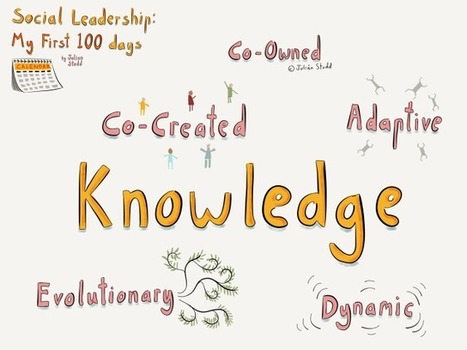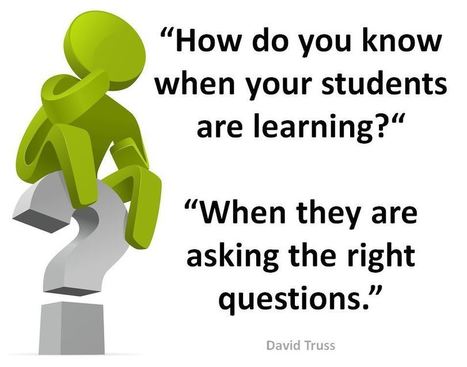Today, much of our knowledge, and sense making, takes place within our communities. Multiple, overlapping, often conflicted, social structures. Historically, we would access knowledge directly, but on the right hand side of the illustration, i’ve tried to capture something of the dynamic of how we access it today. Clearly we interact directly, but there are also layers of social filtering, social amplification, and social validation (and be clear that i am not saying that all of these things are good!). To large extent, the knowledge that we access it both influenced by our community, and constricted by it, but also processed and filtered.
Good leaders, Social Leaders, have a responsibility to understand just how: to be able to build out a broader, more balanced, dynamic community, and to understand how bias and influence flows through it. Put simply, the more interconnected and diverse, our community, the more balanced and diverse our access to knowledge, and ability to find true meaning.
Via David Hain



 Your new post is loading...
Your new post is loading...










